SGGP
In addition to using artificial intelligence, major Japanese convenience stores such as Lawson, Seven-Eleven, and Family Mart are launching a movement to reduce food waste from unused ingredients.
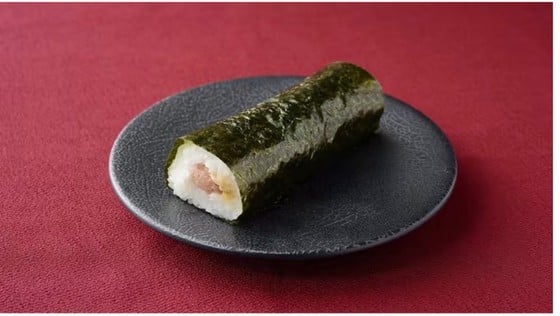 |
| Lawson chain starts selling sushi rolls using surplus ingredients. Photo: LAWSON |
Lawson introduced a sushi roll with marinated raw tuna at most of its stores across Japan last week. Priced at 181 yen ($1.29), the roll uses frozen tuna that was originally purchased to make ehomaki rolls, a traditional dish eaten on the first day of spring, which falls on February 3 or 4 according to the old Japanese lunar calendar.
Lawson also plans to introduce another sushi roll product using salmon and squid left over from making ehomaki and other products in some regions at the end of July. In addition, Lawson plans to launch chirashi-zushi (a special type of sushi with bright colors) with anago (saltwater eel) and other eels from the Kanto and Koshinetsu regions.
Priced at 983 yen, the chirashi-zushi product is aimed at the traditional Japanese day of eating eel to cool off, called Doyo no Ushi no, the hottest day of the year.
Lawson sells the products at relatively low prices using leftover salmon, eel and shrimp, and the company is taking pre-orders starting June 6 and running through July 28 in limited quantities. Lawson aims to reduce excess inventory by 30% in locations where the service has been rolled out.
Meanwhile, the 7-Eleven chain plans to sell smoothies using discarded fruits and vegetables because they are no longer visually appealing. The chain offers smoothies in cups that customers can mix themselves at 21,000 stores nationwide.
The products, which were introduced in select stores in 2017, were available in 3,300 stores by the end of March and are expected to be sold in most 7-Eleven stores nationwide by the end of February 2024. Customers buy a cup containing frozen ingredients, place it in the store's blender and make a smoothie, a process that takes just over a minute. 7-Eleven Japan plans to promote the product as a delicious, healthy and environmentally friendly product all in one package.
FamilyMart, on the other hand, has also been experimenting with reducing food waste, with Goro Goro Kaniku Banana Milk, a dessert drink launched last year that uses imported Philippine bananas, which were criticized for being unsuitable for production and sale. Now, it has become popular with many customers across Japan.
Over the past few years, Japan's major convenience store operators have made efforts to help protect the environment, focusing on decarbonization. They previously reduced food waste by using artificial intelligence to adjust orders.
Japan's more than 6 million tons of food waste costs the world's third-largest economy about 2 trillion yen ($19 billion) a year, according to government data. With the highest per capita food waste rate in Asia, the government has enacted new laws to halve such costs by 2030 and push companies and businesses to find solutions.
Source










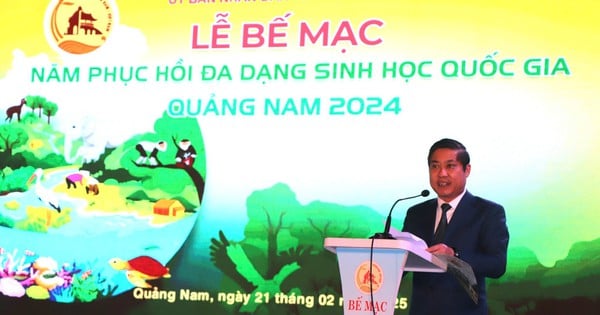




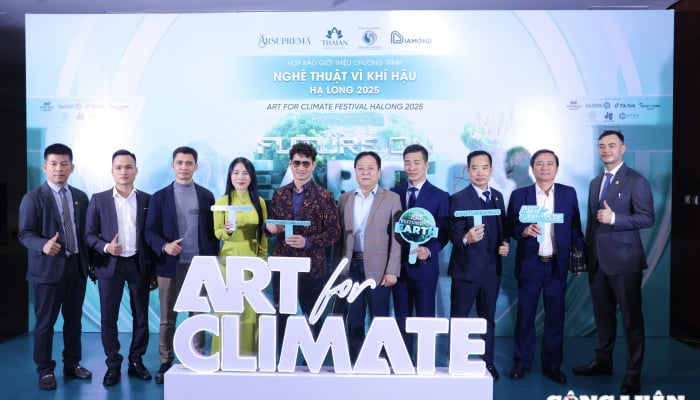













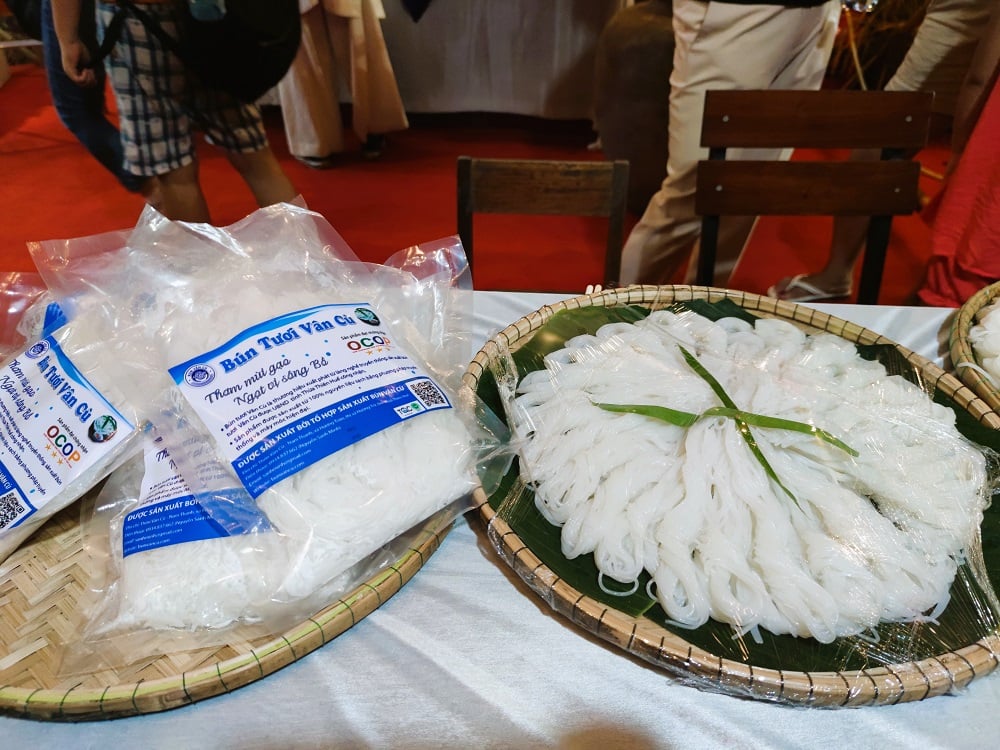



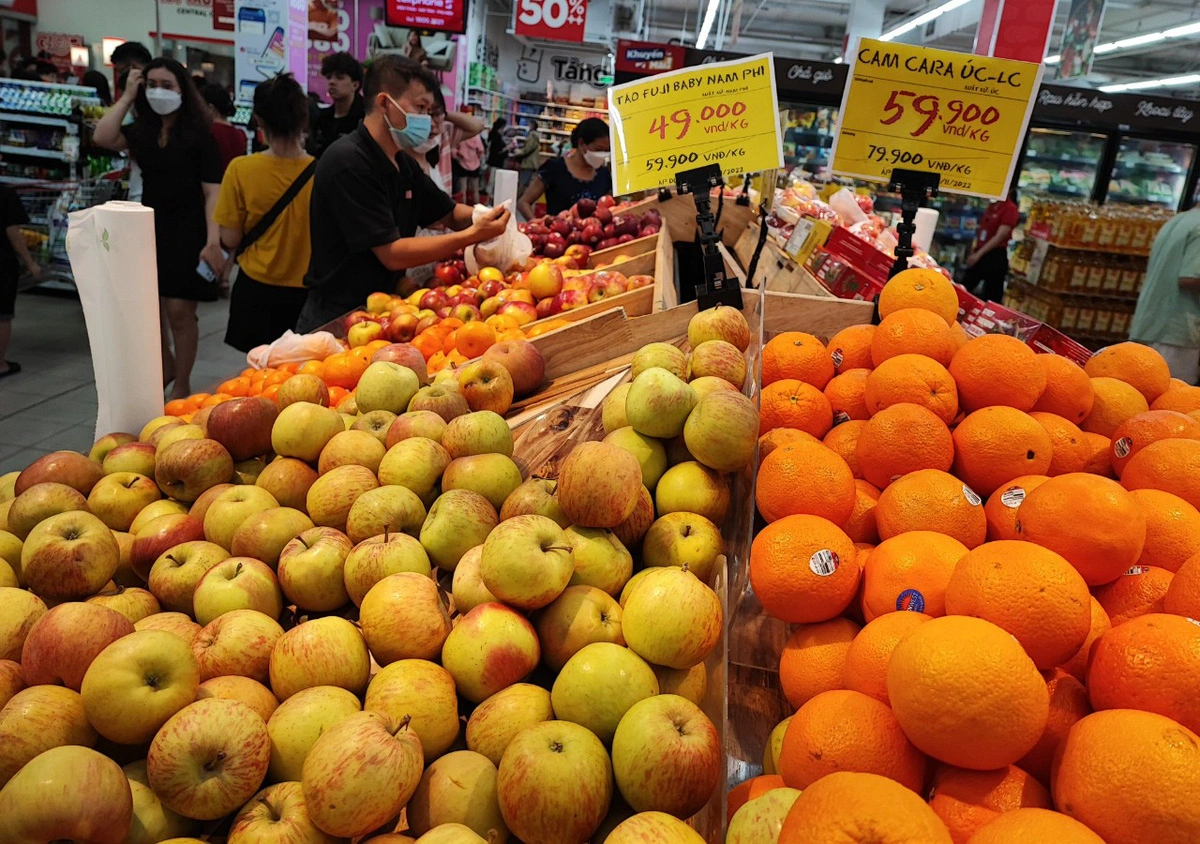








![[Photo] Prime Minister Pham Minh Chinh chairs Government Conference with localities on economic growth](https://vstatic.vietnam.vn/vietnam/resource/IMAGE/2025/2/21/f34583484f2643a2a2b72168a0d64baa)


























































Comment (0)